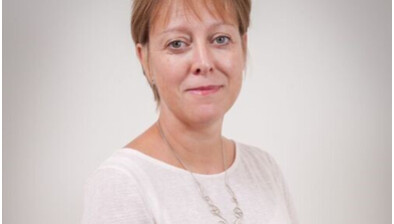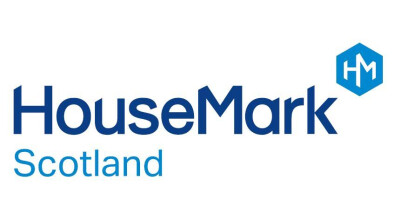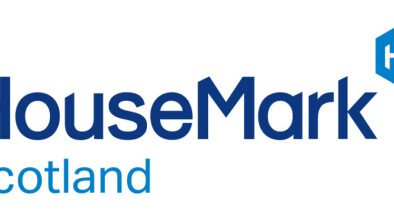Social landlords expect to manage more homes this year – but minority expect net revenue gains
 More than two thirds of Scottish social housing landlords responding to a new survey expect the number of units they manage to increase over the next 12 months – but only one third anticipate that rising revenues within their organisation will exceed any rise in their organisation’s costs during that time.
More than two thirds of Scottish social housing landlords responding to a new survey expect the number of units they manage to increase over the next 12 months – but only one third anticipate that rising revenues within their organisation will exceed any rise in their organisation’s costs during that time.
These are two of the headline findings of a new survey carried out by social housing data and insight provider HouseMark Scotland.
Taking the survey results as a whole, respondents expect the number of units their organisation manages to increase by an average of 1.21 per cent over the next 12 months. Based on the latest official figures from the Scottish Housing Regulator, this equates to a projected annual increase in the number of homes managed by Scottish social landlords of just over 7,000. By comparison, the latest Scottish Housing Regulator report showed an increase in the number of homes managed by social landlords of just under 2,500 units during 2014-15 compared to the previous year.
Organisations responding to the survey were also asked to rank in order of priority where they would invest any efficiency savings generated in the course of the next year.
Improving existing housing stock emerged as the top priority followed by investment in additional new affordable homes. Improving repair services was ranked third overall and was followed by increases to frontline housing management services. Reducing the level of rents paid by tenants was ranked fifth in the list of priorities for re-investment of efficiency savings.
The release of these new survey results follows recently published analysis of the finances of Scottish registered social landlords in which the Scottish Housing Regulator raised concerns about plans by most RSLs to increase rents at rates above inflation over the next five years and the potential impact on affordability for tenants.
Commenting on the survey results, head of HouseMark Scotland, Kirsty Wells, said: “There are some important positives to draw from this survey, not least that more than two in three providers of social housing in Scotland expect the number of units they manage to increase during the next year.
“Many are clearly conscious of the need to improve their organisation’s performance when it comes to managing their existing stock, hence this has emerged as a top priority for the reinvestment of any efficiency savings generated over the next 12 months.
“It is interesting that reducing rent levels is viewed as a less important priority – particularly in light of the recent report from the Scottish Housing Regulator, which raised specific concerns about the impact on tenants of anticipated rent rises over the next five years. While the Regulator is not suggesting that landlords cannot increase rents, their rhetoric is clear that there must be due consideration given to the costs of delivering services and the rent levels that tenants are charged to pay for them.
“The fact that only around one third of respondents expect to make net gains in revenue over the next year suggests ongoing challenges in tackling cost and performance issues. At a time when there is growing scrutiny of social housing providers in terms of performance, efficiency and value for money, that is a potential cause for concern.”
Kirsty Wells added: “Systematic cost and resource benchmarking offers social landlords an important opportunity to manage their costs and performance more effectively and to put more of them in a position to make net gains in revenue and to reinvest these towards some of the priorities identified by this survey. Hopefully, more will then also be in a position to take steps to make well informed business decisions about future rent rises and to improve value for money for tenants, which is clearly a priority for the Scottish Housing Regulator.”






